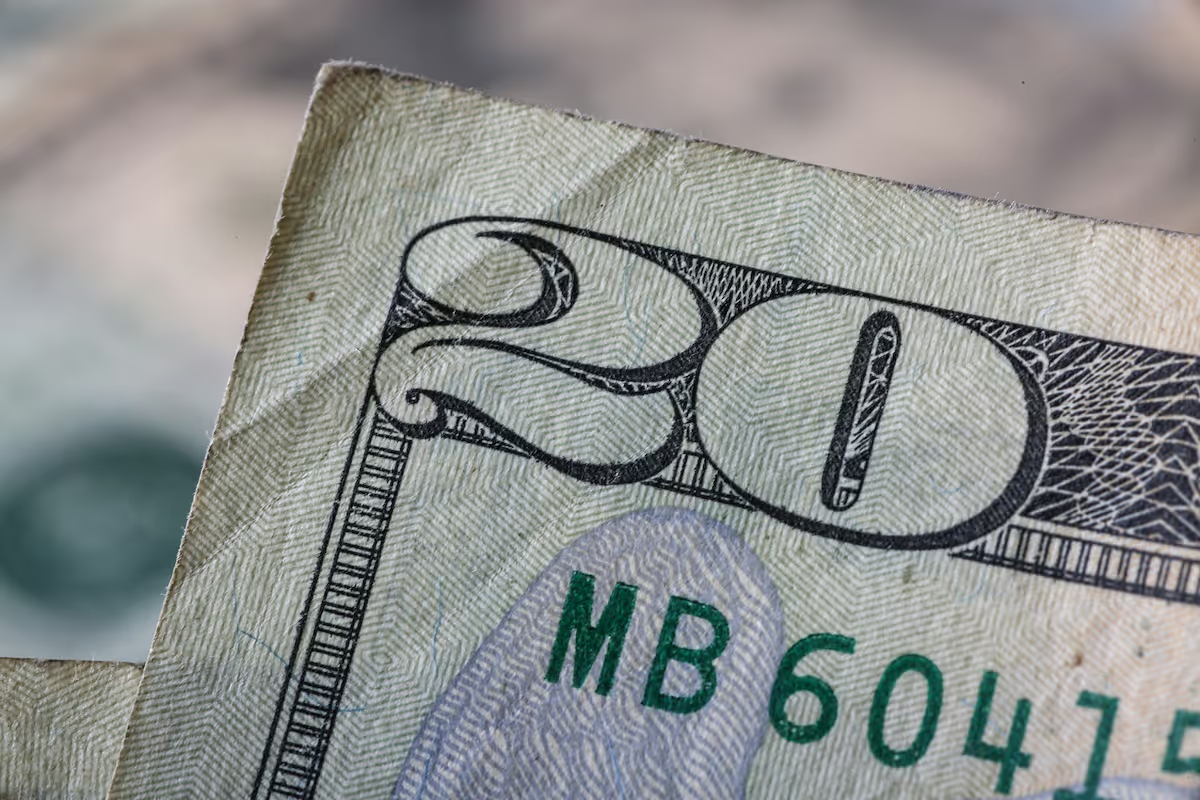
Kudos has partnered with CardRatings and Red Ventures for our coverage of credit card products. Kudos, CardRatings, and Red Ventures may receive a commission from card issuers. Kudos may receive commission from card issuers. Some of the card offers that appear on Kudos are from advertisers and may impact how and where card products appear on the site. Kudos tries to include as many card companies and offers as we are aware of, including offers from issuers that don't pay us, but we may not cover all card companies or all available card offers. You don't have to use our links, but we're grateful when you do!
Does a 401(k) Withdrawal Affect Your Credit Score?
July 1, 2025


Quick Answers
A 401(k) withdrawal does not directly impact your credit score because retirement account activity is not reported to the three major credit bureaus.
Even if you default on a 401(k) loan, it is treated as a taxable distribution by the IRS, not a credit delinquency that would appear on your report.
The financial hardship prompting the withdrawal could indirectly affect your score if it also leads to missed payments on your credit-based debts like loans or credit cards.
What Is a 401(k) Withdrawal?
A 401(k) withdrawal is the process of taking funds out of your employer-sponsored retirement savings plan before you reach retirement age. These accounts are designed for long-term growth, so accessing the money early is a significant financial decision. Individuals typically make withdrawals to cover immediate needs, such as unexpected medical expenses, a down payment on a home, or to avoid foreclosure.
The act of withdrawing from a 401(k) does not directly impact your credit score. Your retirement account activity is not reported to the major credit bureaus and therefore has no bearing on your credit history. However, the financial situation that necessitates a withdrawal, such as an inability to pay outstanding debts, can be related to events that do affect your credit score.
How a 401(k) Withdrawal Could Affect Your Credit Score
While a 401(k) withdrawal doesn't directly appear on your credit report, the financial consequences can indirectly harm your score. Here’s a look at the potential chain of events.
- The Initial Action: Withdrawing funds from your 401(k) is a transaction between you and your plan administrator. It is not a credit event and is not reported to credit bureaus like Experian, Equifax, or TransUnion.
- The Financial Repercussions: The amount you withdraw is usually considered taxable income. If you are under age 59½, you will likely also face a 10% early withdrawal penalty, significantly reducing the net cash you receive.
- The Budget Squeeze: The combination of taxes and penalties can create an unexpected financial strain, making it more difficult to cover your existing monthly obligations, such as mortgage, auto loan, or credit card payments.
- The Domino Effect on Payments: If this new budget pressure causes you to be late or miss payments on your loans or credit cards, those lenders will report the delinquency to the credit bureaus.
- The Credit Score Impact: Payment history is the single most important factor in calculating your credit score. A record of late or missed payments will lower your score, creating the indirect link back to your 401(k) withdrawal.
How Much Will a 401(k) Withdrawal Affect Your Credit Score?
A 401(k) withdrawal doesn't directly impact your credit score, as retirement accounts are not part of your credit report. However, there are several indirect consequences and related factors you should consider.
- 401(k) Loans. A loan from your 401(k) is not reported to credit bureaus and won't affect your score. Defaulting on the loan, however, creates a tax liability that could strain your ability to pay other bills.
- Hardship Withdrawals. These are not reported and do not directly influence your credit score. The financial distress causing the withdrawal, however, may lead to late payments on other debts which will lower your score.
- Future Loan Applications. Lenders may view depleted retirement savings as a sign of financial instability, even with a good credit score. This could impact your ability to secure future loans, such as a mortgage.
How You Can Avoid a 401(k) Withdrawal Affecting Your Credit Score
Opt for a 401(k) Loan
Consider a 401(k) loan instead of a hardship withdrawal. This transaction is not reported to credit bureaus and won't appear on your credit report. By repaying the loan on schedule, you can access funds without any direct impact on your credit score.
Maintain Timely Bill Payments
A withdrawal's primary credit risk is indirect. If financial hardship causes you to miss payments on other debts, your score will drop. Use the withdrawn funds strategically to stay current on all your loans and credit card bills, thereby protecting your credit history.
Ways to Improve Your Credit Score
Improving your credit score is an achievable goal that can significantly boost your financial health, and with consistent, positive habits, most people see meaningful changes within three to six months. By taking the right steps, you can build your creditworthiness and open up better financial opportunities.
- Monitor your credit reports. Regularly obtain your free credit reports from the major bureaus—Experian, TransUnion, and Equifax—to check for errors, signs of identity theft, and track your progress.
- Set up automatic payments. Your payment history is the single most important factor in your credit score, so setting up automatic payments ensures you never miss a due date.
- Lower your credit utilization. Aim to use less than 30% of your available credit. You can achieve this by paying down balances or requesting a credit limit increase on existing accounts.
- Become an authorized user. Being added to a credit card account belonging to someone with a strong payment history can help you build your own credit profile, provided the account reports to all major bureaus.
- Diversify your credit mix. Lenders prefer to see a healthy mix of credit types, such as revolving credit (credit cards) and installment loans (auto loans or personal loans).
- Limit hard inquiries. Applying for too many new lines of credit in a short time can temporarily lower your score. Space out applications and use prequalification tools when shopping for loans.
The Bottom Line
A 401(k) withdrawal does not directly affect your credit score, as retirement accounts are not included in credit reports. However, defaulting on a 401(k) loan can have different consequences.
Frequently Asked Questions
Does taking a 401(k) loan appear on my credit report?
No, a 401(k) loan is not reported to credit bureaus. It is a loan against your own savings, not a traditional debt from a lender.
Can defaulting on a 401(k) loan damage my credit score?
Defaulting on a 401(k) loan does not directly impact your credit score because the loan activity is not reported. However, it will trigger taxes and penalties.
Will a 401(k) hardship withdrawal affect my credit?
A hardship withdrawal is not a loan and does not involve credit bureaus. Consequently, it has no direct effect on your credit score at all.

Supercharge Your Credit Cards
Experience smarter spending with Kudos and unlock more from your credit cards. Earn $20.00 when you sign up for Kudos with "GET20" and make an eligible Kudos Boost purchase.
Editorial Disclosure: Opinions expressed here are those of Kudos alone, not those of any bank, credit card issuer, hotel, airline, or other entity. This content has not been reviewed, approved or otherwise endorsed by any of the entities included within the post.





















.webp)
.webp)
.webp)
.webp)















